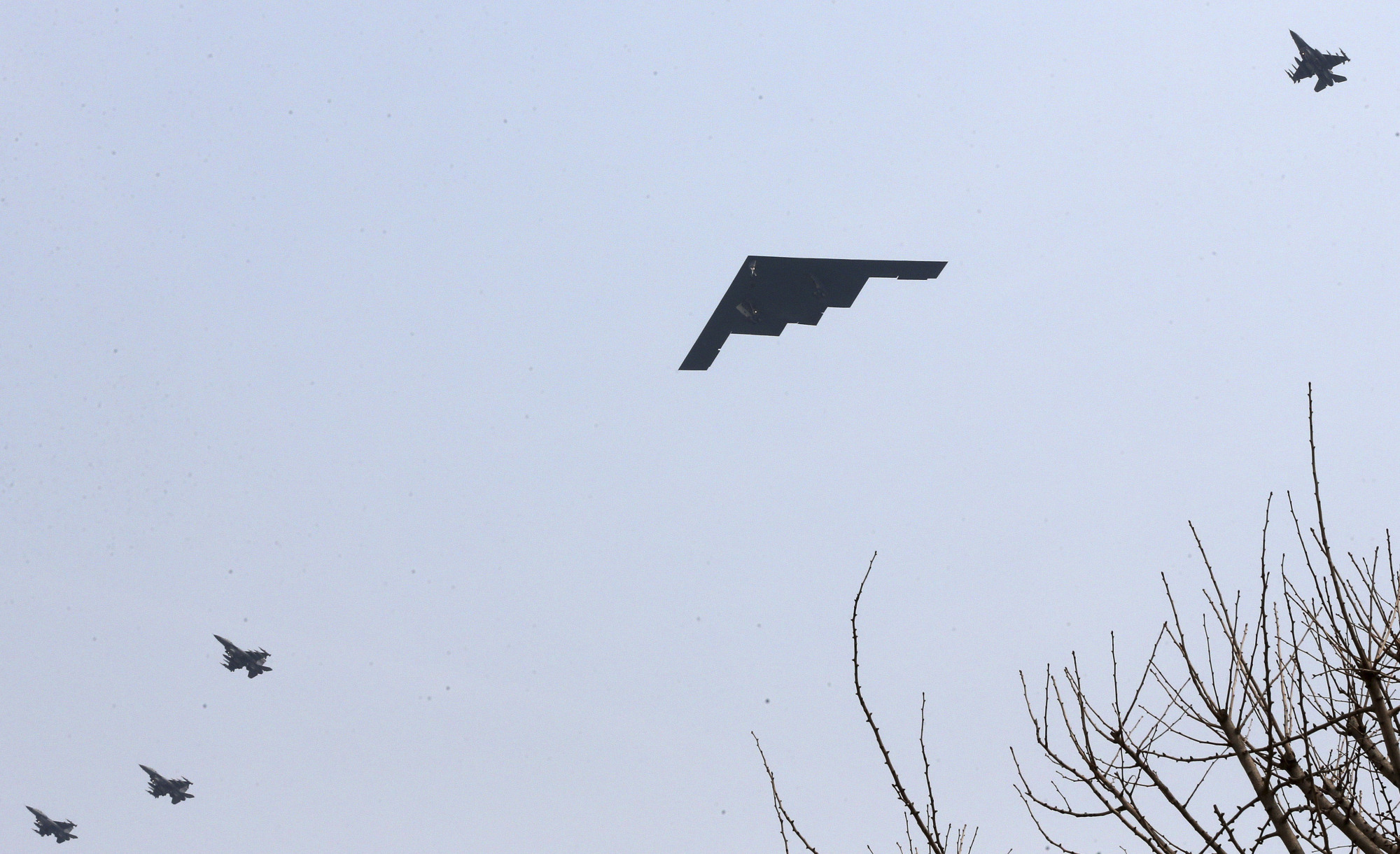North Korea's advancement of nuclear and missile programs has sparked a debate, in South Korea and between the United States and South Korean officials, about the reintroduction of tactical nuclear weapons in South Korea. While South Korean President Moon Jae-in has denied pursuing such an option, the Liberty Korea Party, the main opposition party, has formally endorsed it, reflecting growing public sentiment in the country in favor of the deployment of nonstrategic nuclear weapons.
The U.S. withdrew from South Korea all of its forward-deployed tactical nuclear weapons in 1991, which led to North and South Korea signing the Joint Declaration on the Denuclearization of the Korean Peninsula in 1992. Since then, while the offshore nuclear extended deterrence that the U.S. offered to South Korea remained intact, the superiority of the conventional military capability of U.S. and South Korea over North Korea constituted an essential component of deterrence and defense.
However, the recent development and sophistication of North Korea's nuclear and missile capabilities that include the potential deployment of intercontinental ballistic missiles have triggered an open debate about reassessing South Korea's defense posture, including its nuclear options. The reintroduction of tactical nuclear weapons on South Korean soil, under the control of the U.S. military, is one of the most reliable, though highly controversial, options that the U.S. and South Korea could choose.



















With your current subscription plan you can comment on stories. However, before writing your first comment, please create a display name in the Profile section of your subscriber account page.